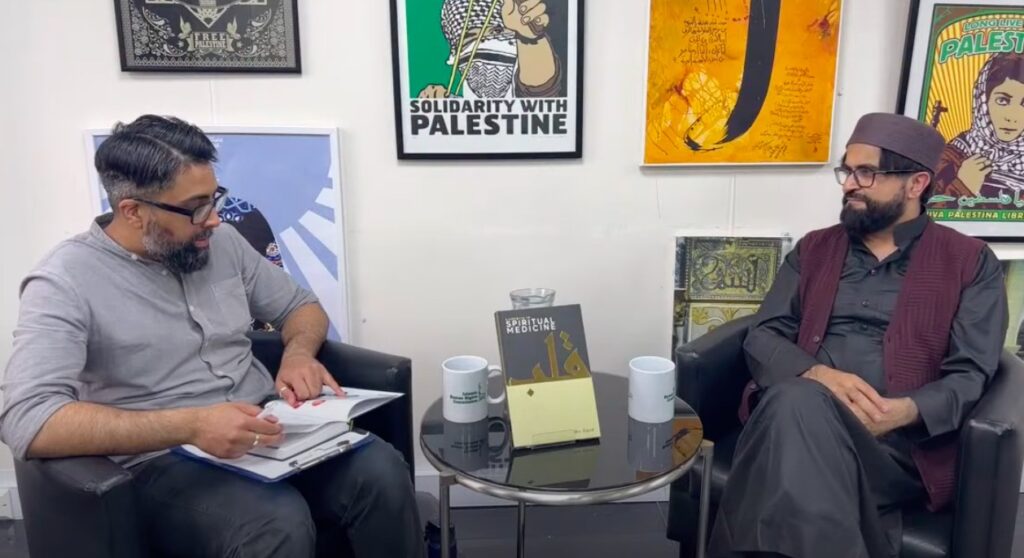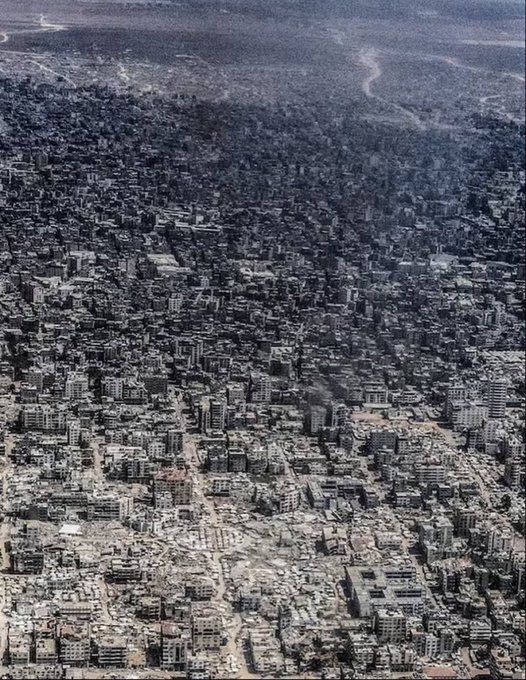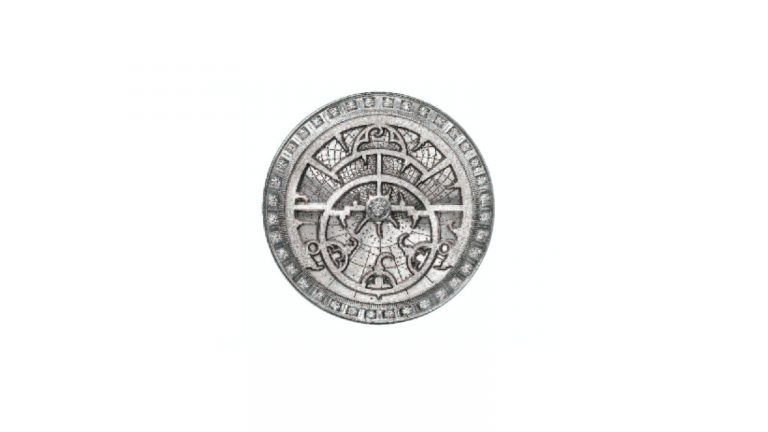On 14 May 2022, the IHRC hosted an author evening with Jamal Perekh, aka Ibn Daud, to discuss his book A Handbook of Spiritual Medicine (available to purchase from the IHRC Bookshop), about the spiritual guide to the self of ‘tazkiyah’ or ‘self-purification.’
This event was hosted by Syed Talha Ahsan (Abbasid History Podcast), and the discussion covered various themes related to spirituality, emotions and the various cures for the diseases of the heart.
WATCH THE FULL EVENT HERE:
Please note, the conversation has been edited to make it more readable.
Talha: What motivated you to write such a book?
Ibn Daud: As a young student in the 1990s, I was studying at Leicester University. Having picked up a book back in those days by Shaykh Hamza Yusuf Hanson from the US Zaytuna Institute, Purification of the Heart (available to purchase from the IHRC Bookshop) at the same time as studying my 1-year degree, I was living with a medic who was studying from the Oxford Handbook of Clinical Medicine which is a something that’s referenceable and colour-coded. I was not an avid reader and having spotted something that was tabulated and colour-coded, it occurred to me that while being passionate about the subject of spiritual purification, what if I could somehow bring these two concepts together in a hybrid format. It was only recently when I put pen to paper so to speak. It was born out of a passion for the subject because I could relate to it back then, and a frustration of not being an avid reader, for us to get access to the scholarly works of Shaykh Hamza, Imam Ghazali etc., out of sheer frustration I want you to present a traditional topic in a different way that was more easily digestible.
Talha: how long it would take to write something like this?
Ibn Daud: So, my day job is in IT, Monday to Friday. The work actually commenced about 5 years ago from various hotel rooms around the UK while working away from home two nights a week. I would have to literally steal snippets of time to start to land information. I did not think I had it in me, I do not think I had a road map planned to take in a book to the market, it was more so that I wanted to land some detail in a powerful presentation. And it took about 2-3 years, a few hours a week.
Talha: was the source material is from ‘Ihya’ or various other sources?
Ibn Daud: Ihya is definitely one of them but, primarily most of the 1000 references are from Quran and Hadith.
Talha: Did ‘Ihya’ helped you come up with the structure and the idea of this?
Ibn Daud: I would say the idea of this was spurned by Purification of the Heart by Shaykh Hamza Yusuf because of the way that these subjects were addressed chapter by chapter. In fact, in most chapters, there were subsections around signs and symptoms. But it was that that gave me the idea to create something that was not necessarily a cover-to-cover read but, something that you can pick up, put down and pick up again depending on how you feel, because at the end of the day most of these diseases are either in themselves or related to emotions which are human issues, not just Muslim issues.
Talha: Which city were you raised in?
Ibn Daud: I was born in London, Greenwich. But my late father wanted to move away from the hustle and bustle of London and gradually moved up north. We ended up in North East Lincolnshire, in the middle of nowhere. Once I graduated, finished my education, and started work, the value of Islamic education [occurred to me] particularly as I had got married, having children, etc. and the importance that I needed to place on them as a father and as parents.We decided to make a move back [Leicester] in 2014, primarily for Islamic education that is on offer. And for me everything from birth to death is on offer there.
After the preliminary questions, Talha and Ibn Daud discussed questions form the audience which related to themes on spirituality, Islam, philosophy, education and how they relate to issues pertaining to mental mealth and modernity.
About the Author
Jamal Perek, aka Ibn Daud, is an IT consultant by profession who was profoundly influenced by the works of Muslim scholars such as Shaykh Hamza Yusuf and went on his own journey to learn about the deen.





